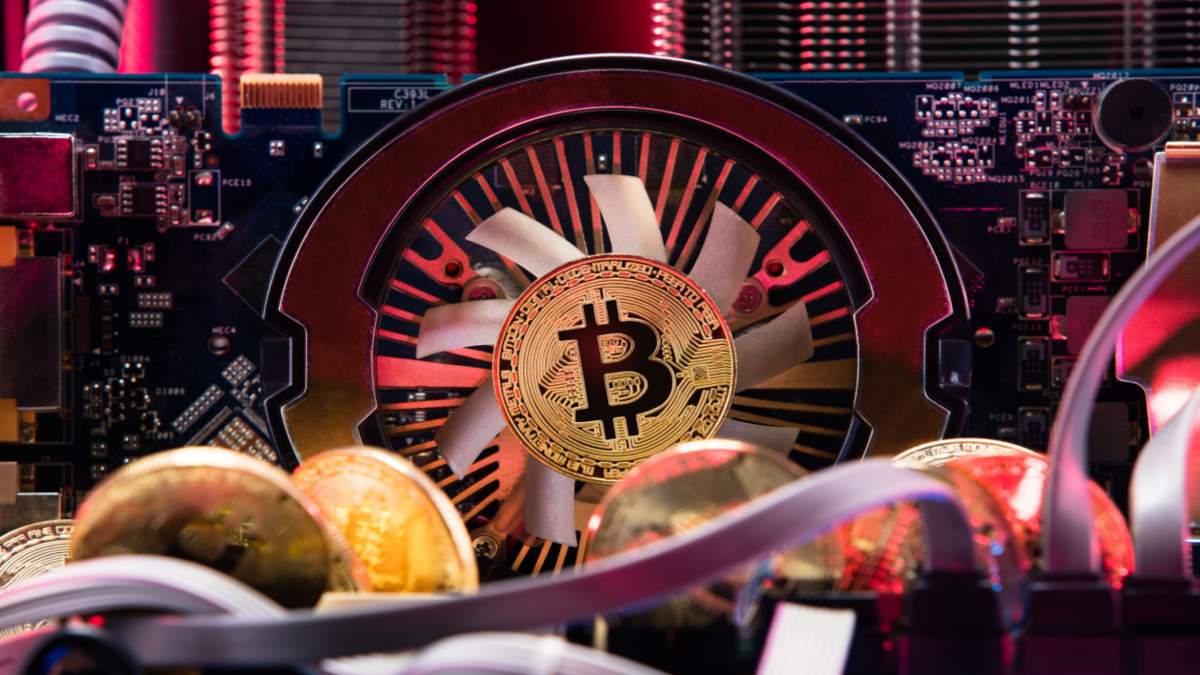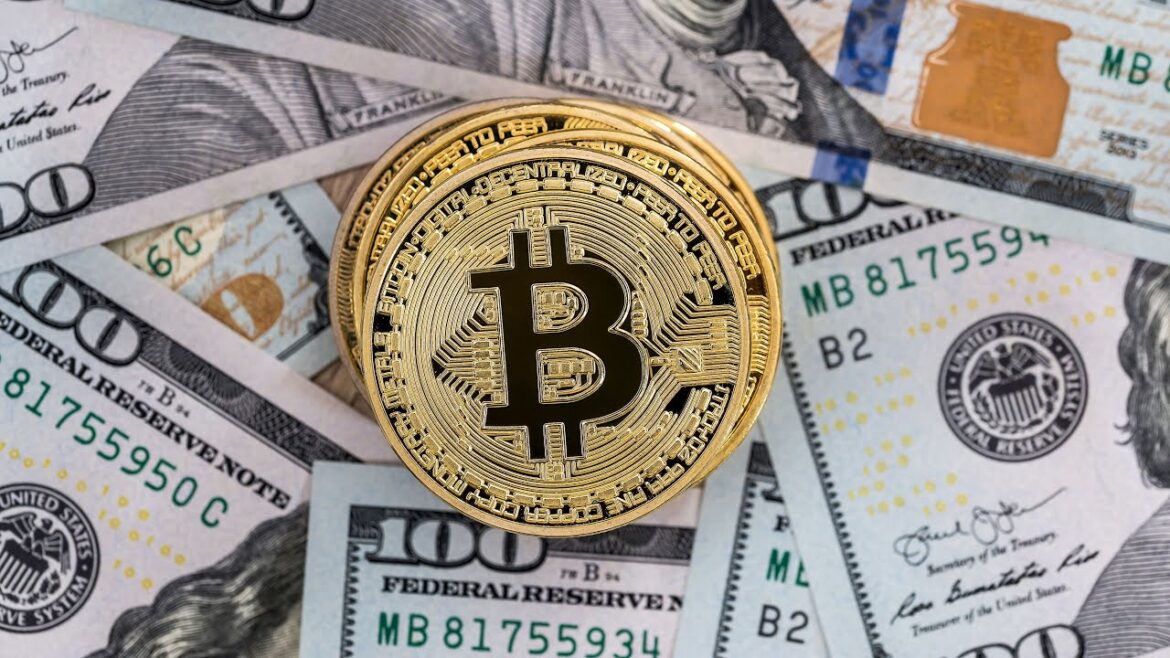There has been talk of establishing a US Strategic Bitcoin Reserve as the Bitcoin market develops. The article delves into the advantages, disadvantages, and consequences of such a bold decision. The United States government or major financial institutions might retain Bitcoin in the treasury as a strategic reserve. A digital reserve asset similar to gold or foreign currencies might be Bitcoin. To protect oneself from inflation, economic uncertainty, and the depreciation of the US dollar, many are turning to Bitcoin.
Pros of an American Bitcoin Reserve
Adding Bitcoin to U.S. reserves would diversify the country’s financial portfolio. Traditional assets like gold, foreign currencies, and digital currencies can boost economic resilience. Maintaining Global Financial Leadership: As more countries adopt digital currencies and blockchain technologies, the U.S. risks slipping behind. Bitcoin might strengthen its global financial leadership by becoming a reserve asset.

Growing the Digital Economy: A government-backed Bitcoin reserve might boost blockchain adoption and innovation by demonstrating market confidence. This might boost the U.S.’s Crypto and fintech hub status. In a world dominated by digital assets, Bitcoin reserves may have geopolitical value. Bitcoin is decentralized and impervious to sanctions and manipulation, giving the U.S. a neutral financial tool in international discussions.
American Bitcoin Reserve drawbacks
Buying and trading Bitcoin on the American Bitcoin Reserve is simple but has downsides. Its limited availability in some states limits its use by some potential consumers. For Bitcoin traders in places where the platform is not available, this might be irritating. The platform has good liquidity and lets users buy Bitcoin with fiat cash, although transaction fees are exorbitant compared to other exchanges. These costs can reduce profits, especially for frequent or large traders.
While sleek, the platform’s user experience may not be as straightforward or feature-rich as Coinbase or Binance. Limited customer service may make it hard for users to resolve concerns. Finally, the American Bitcoin Reserve does not offer margin trading or derivatives, which may disappoint experienced traders seeking more freedom.
Options and Progression
This strategy calls for a phased rollout with small allocations and thorough risk assessments. Potential next steps: Investigation and Study: A Bitcoin reserve task committee could be established by the United States. Geopolitics, regulatory implications, and market trends will be considered.
Public-Private Partnerships: Working with blockchain and cryptocurrency leaders could solve technological and security issues. Coinbase, Fidelity, and other Crypto businesses may influence this initiative. This would promote Bitcoin and climate aims.
Gradual Implementation: The government might test the waters without major volatility by allocating a small amount of reserves to Bitcoin. Clear regulation is essential for cryptocurrencies. This covers identifying Bitcoin as a reserve asset and discussing tax, custody, and security.
Global Impact
U.S. adoption of Bitcoin as a strategic reserve might create a precedent for other governments. Bitcoin’s growth as a global store of value may accelerate in smaller countries without reserve assets. This might lessen international trade’s reliance on the U.S. dollar, spurring discussions about digital assets’ role in global finance.
Read More: Metaplanet Raises $30M in Zero-Interest Bonds for Bitcoin
Summary
An American Strategic Bitcoin Reserve is a daring and contentious notion that represents the global rise of digital assets. Volatility, regulatory barriers, and environmental concerns make implementing this strategy difficult. The US must examine the merits and cons of adopting Bitcoin as a reserve asset as the cryptocurrency sector evolves and global financial dynamics change.



